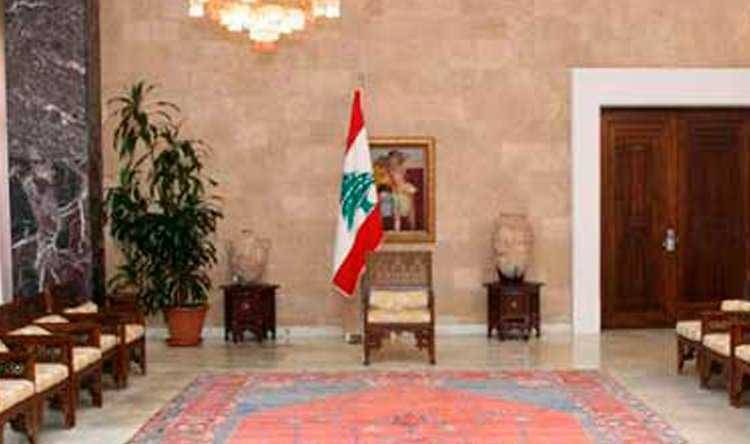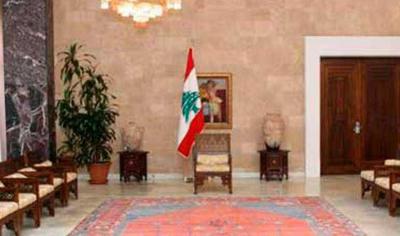Political dynamics are divided into two scenes: the internal and the external. Internally, the presidential vacuum continues as various forces attempt to fill the political void through different actions. Notably, movements led by the head of the Free Patriotic Movement, Gibran Bassil, are prominent, including meetings with Progressive Socialist Party leader Walid Jumblatt, caretaker Prime Minister Najib Mikati, and head of the Marada Movement, Sleiman Frangieh. According to sources close to Bassil, he is also expected to hold a new meeting with Speaker of Parliament Nabih Berri, in addition to other undisclosed meetings.
Bassil aims to align with external developments regarding Lebanon. He has insights into international matters and is preparing to seek a new settlement that may require time. However, he prefers to consolidate his position internally, emphasizing two main points: first, that no one can bypass him in the political equation, and second, he wishes to clarify his stance before discussing progress with Hezbollah on what he has achieved.
Most importantly, Bassil seeks to thwart the election of Frangieh and Army Commander Joseph Aoun and propose a new candidate. Sources close to him indicate that his meeting with Frangieh underlines that the issue is not personal, but rather tied to the inability to implement necessary reforms. He is searching for a candidate acceptable to all and capable of enacting reforms.
Sources following the situation report that Bassil's meetings with Jumblatt, Frangieh, and Mikati have not yielded any positive results. Politics was absent from the discussion with Frangieh, while an agreement was reached to form a follow-up committee with Jumblatt. Bassil wants to present the outcomes of his meetings to Hezbollah to assert that he is a man of dialogue who cannot be overlooked in the presidential elections, thereby preventing the imposition of an unwanted candidate on him.
In parallel to these movements, which have yet to achieve any actual progress, the Lebanese anticipate a quadripartite meeting in Paris in about 20 days. This meeting will involve representatives from the United States, France, Saudi Arabia, and Qatar. Arab diplomatic sources note that this meeting was originally planned for between Christmas and New Year’s, but was postponed to mid-January due to political and logistical reasons, particularly to enhance Saudi-Qatari coordination regarding the Lebanese file.
This meeting may explore the possibility of convening a dialogue among various Lebanese political factions, potentially hosted by Doha, contingent upon the unfolding of circumstances and the potential for positive outcomes. This gathering follows a series of activities involving these capitals and meetings held by French President Emmanuel Macron in Doha during the World Cup or at the Baghdad Summit 2 in Jordan.
Arab and Western diplomatic sources agree that there are high expectations for the meeting in Paris, as it should clarify the course of events and the possibility of achieving the desired outcomes, especially since all details regarding the Lebanese file will be discussed.
Practically, Bassil, like other Lebanese politicians, is aware of ongoing discussions and preparations occurring externally. Thus, he seeks to propose other candidates for the presidency who have successful experiences in financial and economic sectors to avoid opting for Army Commander Joseph Aoun. Consequently, some sources are revisiting the name of Jihad Azour, head of the Middle East and Central Asia Department at the International Monetary Fund, as a potential candidate.




